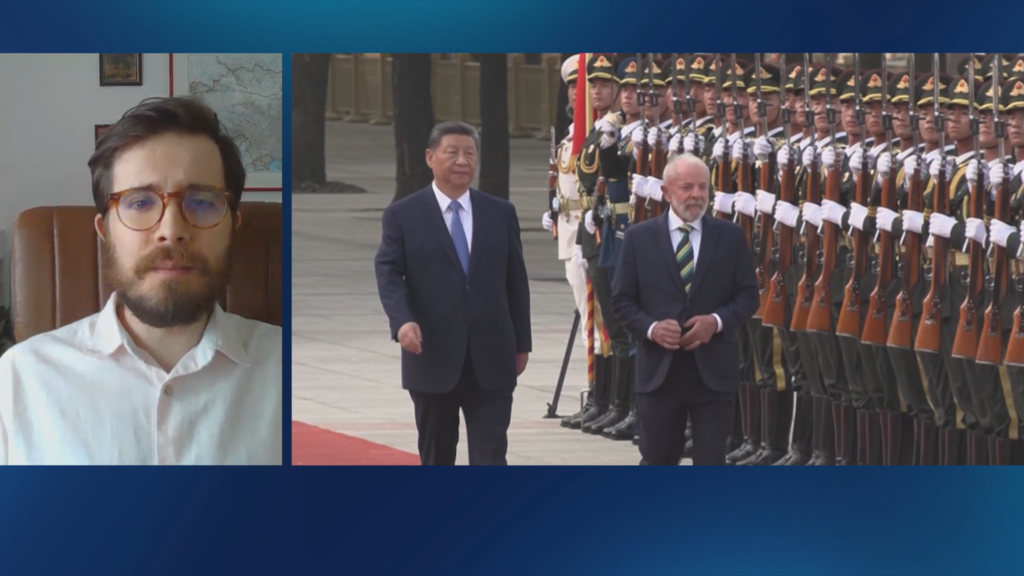Brazil Faces Economic Challenges
Introduction to the Crisis
Brazil, under the direction of President Luiz Inácio Lula da Silva, is facing significant economic challenges due to tariffs imposed by the USA. The tariffs, which can reach up to 50 percent on most Brazilian goods, have led to a substantial loss in the US market. As a result, Brazilian companies are seeking alternative markets to compensate for these losses.
Seeking Alternatives in China
Diversifying Trade Partners
Brazilian companies are turning to the Chinese market as a potential solution to mitigate the effects of the US tariffs. The Brazil-China Business Council has been working to strengthen trade relations between the two countries. According to Tulio Cariello, research director at the council, there is a growing interest among Brazilian businesses to explore the Chinese market.
Can China Fill the Gap?
Assessing the Feasibility
The question remains whether China can effectively close the gap created by the losses in the US market. While China presents a vast and lucrative market, there are concerns about the competitiveness of Brazilian products and the potential challenges of navigating the Chinese market.
Impact on Brazilian Producers
Coffee Producers Adapt
Brazilian coffee producers, in particular, are feeling the pinch of the US tariffs. To reduce their dependence on the US market, many coffee producers are looking to diversify their exports. By exploring new markets and developing strategies to increase their competitiveness, these producers hope to minimize the impact of the tariffs on their businesses.
Conclusion
A Path Forward
As Brazil navigates this challenging economic landscape, it is clear that finding alternative markets and diversifying trade partners will be crucial. While there are uncertainties about the effectiveness of the Chinese market in compensating for the losses, one thing is certain – Brazilian companies must adapt and innovate to thrive in this new economic reality.

